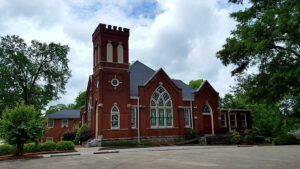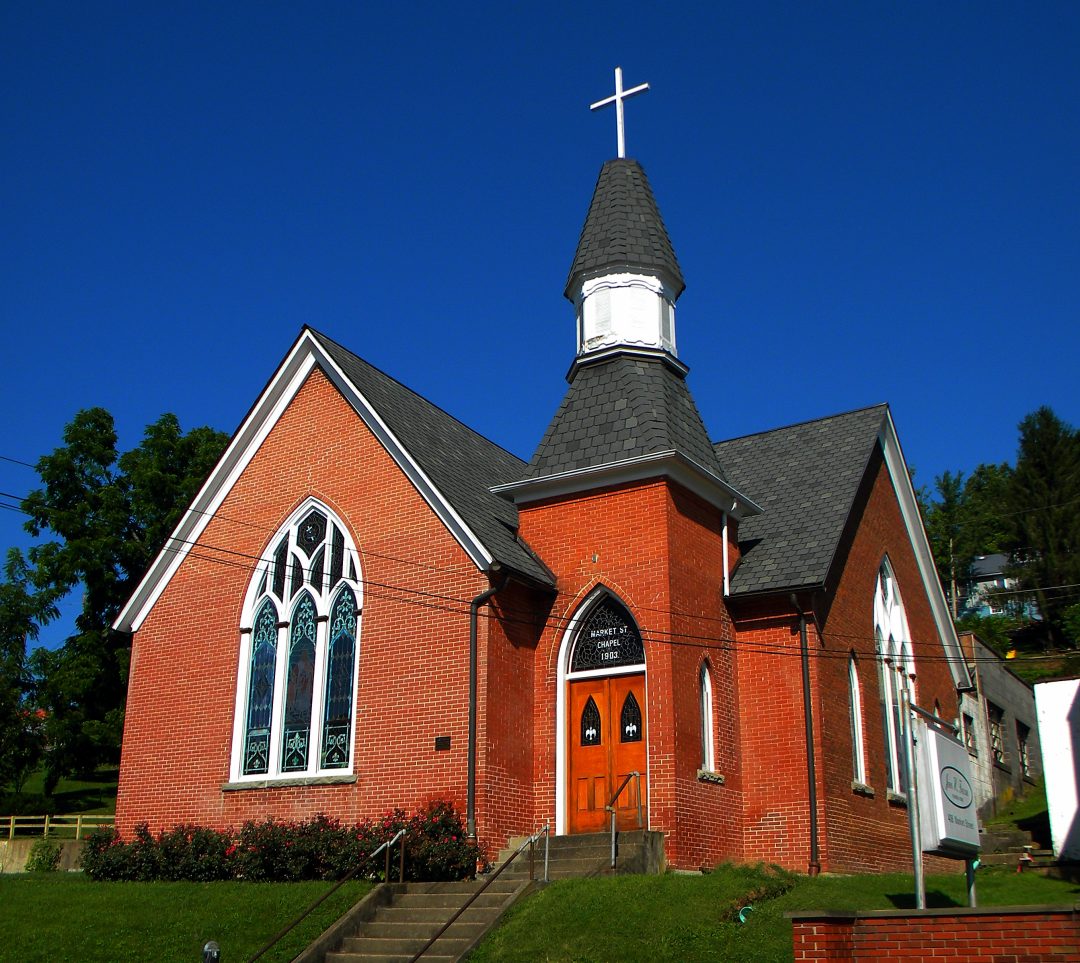Today, several different Presbyterian denominations maintain church organizations within the United States (and around the world). All of them trace their roots back to the Church of Scotland, an offshoot of the early Calvinist Protestants who studied under John Knox and John Calvin in Switzerland following the Reformation.
However, in the modern era, some doctrinal difference has developed among Presbyterians with respect to social issues in particular.
Like many Protestant churches, Presbyterians allow members of the congregation to serve as church officers and elders. Typically a church possesses both Deacons and Session Members. Members of the congregation vote to elect individuals from there to serve in these bodies; obtaining election represents a high honor.
Elders assist in the operation of the church by participating in many volunteer capacities. The Session manages church operations, and usually sends one or more representatives to administrative meetings conducted within Presbyteries. Churches also send representatives to participate in regional Synods. A large General Assembly functions at the national level. Distinct Presbyterian denominations usually maintain separate national church organizations as well.
In order to explore the religious beliefs of Presbyterians, it may be useful to consider three general subjects very briefly: shared Presbyterian theological beliefs, Calvinist doctrine and history, and the larger modern Presbyterian denominations and their church organizations.
Shared Presbyterian theological beliefs
Presbyterians believe that the Gospel sets forth a triune God – Father, Son and Holy Spirit (also sometimes referred to as the Holy Ghost) – who creates, redeems, saves and sustains all things and all people through the power of His Grace. (For example, see page 1 of the Book of Order: The Constitution of the Presbyterian Church (U.S.A.) Part II 2011-2013.) Modern Presbyterians tend to place greater emphasis upon the doctrine of Grace than early Calvinists, and many believe that a loving God extends his grace to all people.
Calvinist doctrine history
Centuries ago, French theologian John Calvin (1509-1564) taught that only embracing Christ could assure salvation. In his view, human beings as mortal creatures sinned and could not obtain salvation on their own merits alone. God would save some people, but not everyone and no individual could know for certain in advance whether he or she would be deemed worthy of salvation. A person could only live life in a way designed to afford the best opportunity of being among “the Elect,” those fortunate people predestined to be saved through God’s grace.
 John Calvin’s writings, especially his voluminous tome entitled “Institutes of the Christian Religion”, influenced some other Protestants, including an influential Scottish clergyman named John Knox (1505-1572).
John Calvin’s writings, especially his voluminous tome entitled “Institutes of the Christian Religion”, influenced some other Protestants, including an influential Scottish clergyman named John Knox (1505-1572).
Early devout Presbyterians hoped-for inclusion among the Elect. For this reason, they often pursued a humble, sober, industrious lifestyle, contributed to charitable causes, and took care not to engage in behavior considered sinful. Many Scots converted to the Presbyterian faith, and by the eighteenth century many people referred to the Presbyterian Church as “the Church of Scotland” to distinguish it from the Episcopalian “Church of England.”
Today Presbyterian sects have grown far more tolerant of human weaknesses, although considerable differences do exist with respect to whether a denomination views all parts of the Holy Bible in literal (i.e. fundamentalist) or descriptive terms. Presbyterians from every denominational background usually support a missionary, evangelical and charitable activities.
The largest Presbyterian denominations in the USA are PC-USA, Evangelical and PCA Presbyterians
For many years, the Presbyterian Church (PC-USA) remained by far the largest denomination of Presbyterians in the United States. Its modern organization formed in 1983, when a large branch of the Presbyterian church merged with its smaller and more conservative Southern counterpart.
During the final decade of the twentieth century, some authorities place the total membership of this denomination in the United States at around three and a half million members. But the Presbyterian Church PC-USA declined in size significantly during recent years.
It is possible to find great variation in specific doctrinal beliefs today within churches affiliated with the Presbyterian Church (PC-USA). For example, some ministers within the PC-USA do not preach extensively from the Old Testament.
The Presbyterian Church (Evangelical), also known as the Presbyterian Church (EPC) or “Evangelical Presbyterian Church” began over three decades ago, in 1980 and 1981 as a small affiliation of churches. It maintains a similar organizational structure to the Presbyterian Church (PC-USA), but does not permit as much deviation from mainstream traditional Presbyterian Calvinist doctrines.
This denomination has experienced rapid growth during the past ten years, in part because the Evangelical Presbyterian Church encourages each church to help find a sister church. Evangelism represents a significant aspect of EPC churches. About 135,000 members belong to the modern Presbyterian Church EPC. Its numbers remain considerably smaller in total size than the Presbyterian Church (PC-USA), but do indicate a significant rate of growth.
The Presbyterian Church in America (PCA) includes a number of fundamentalist Presbyterian Churches located within the United States. It was organized in 1973. Today the PCA numbers several hundred thousand members.
There are other Presbyterian church organizations as well. The Calvinist doctrines which formed the Church of Scotland centuries ago led to a proliferation of Presbyterian denominations around the world.






